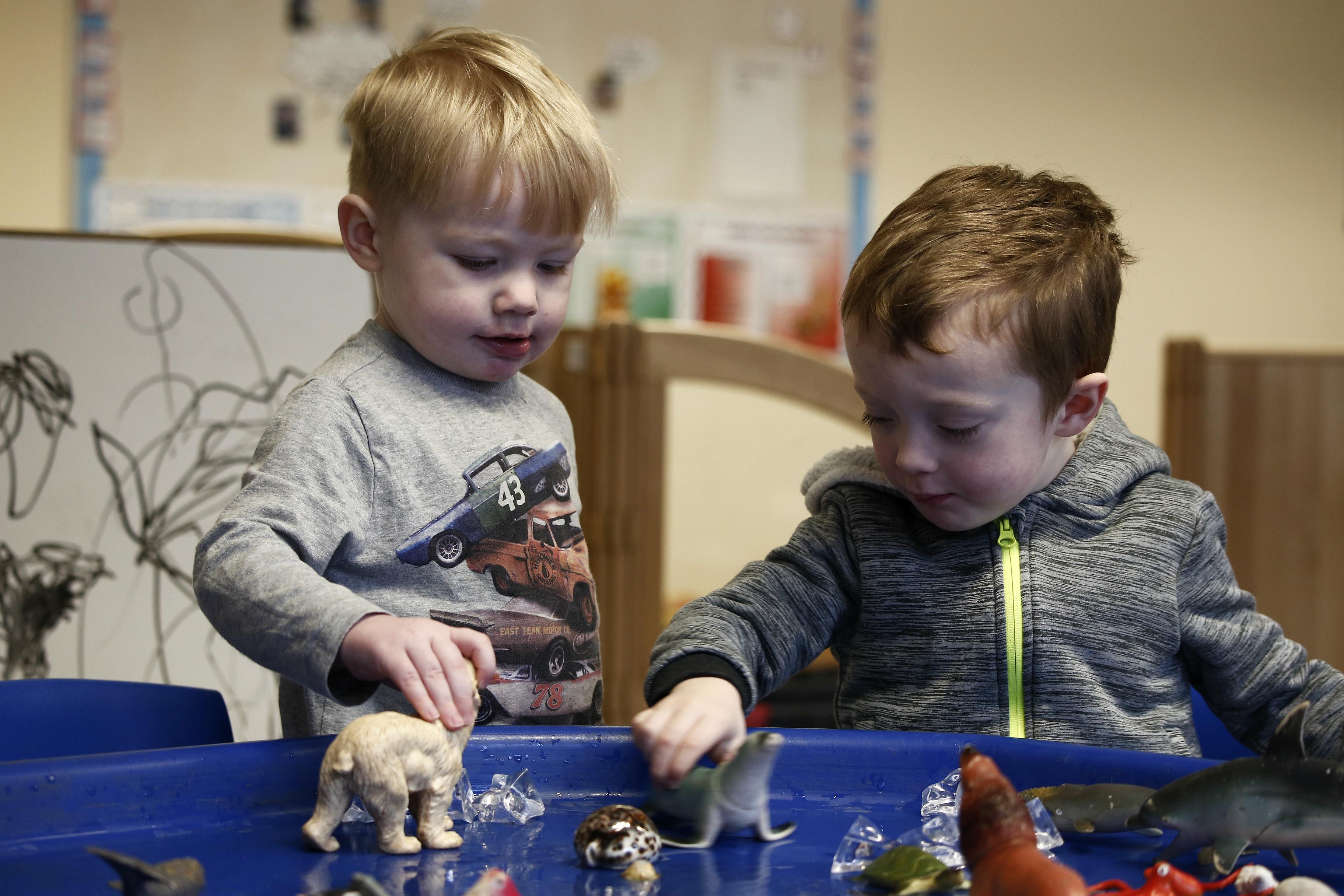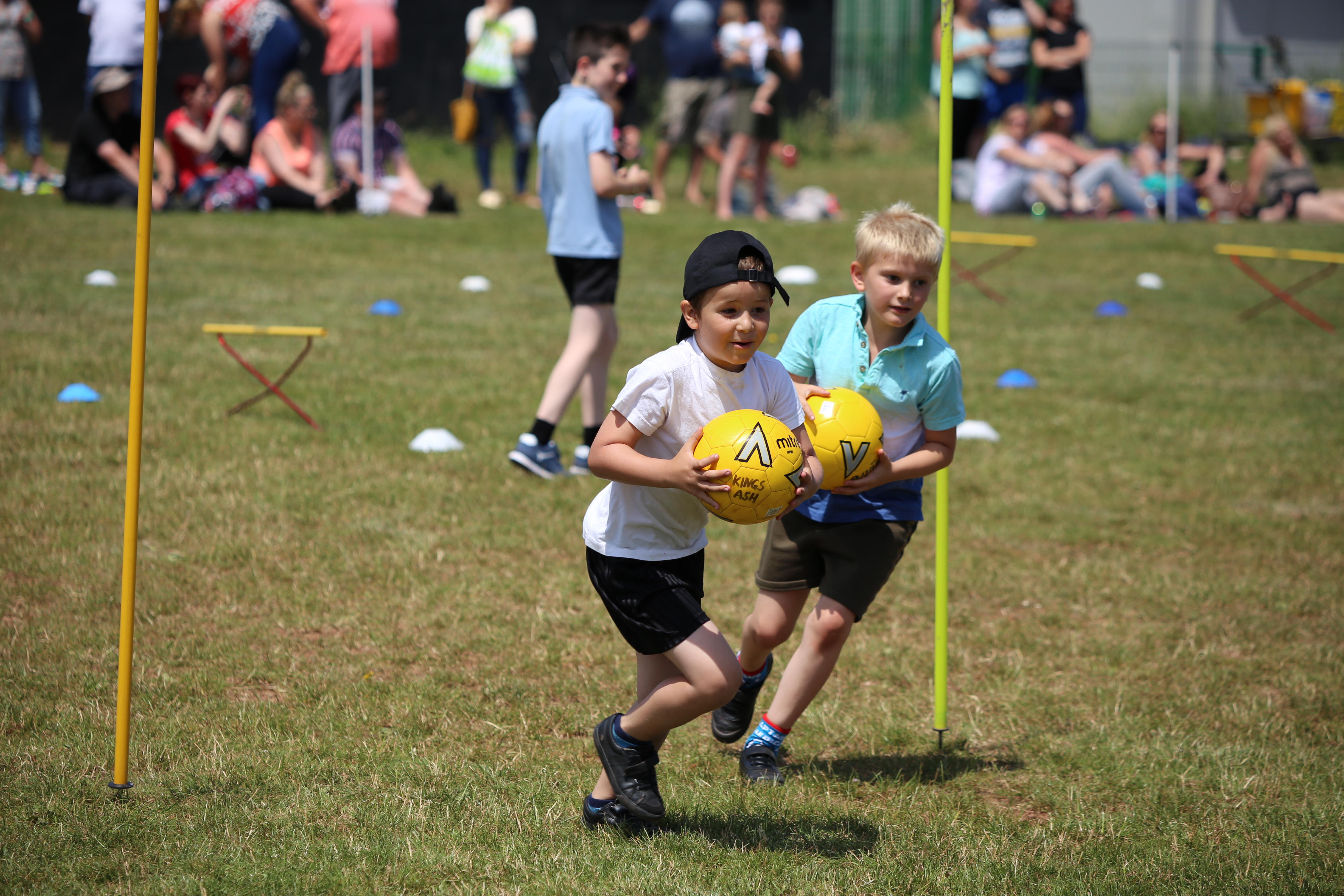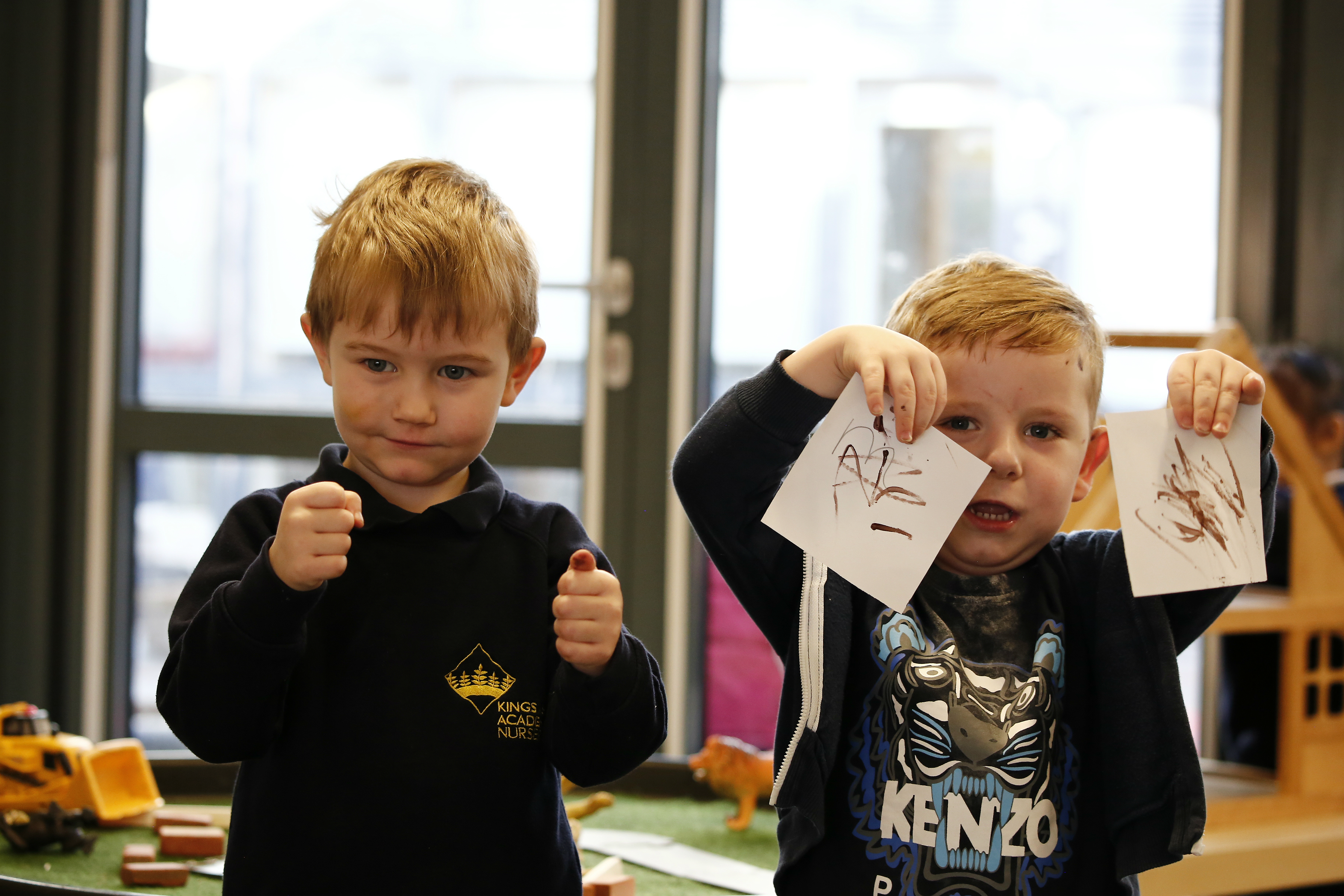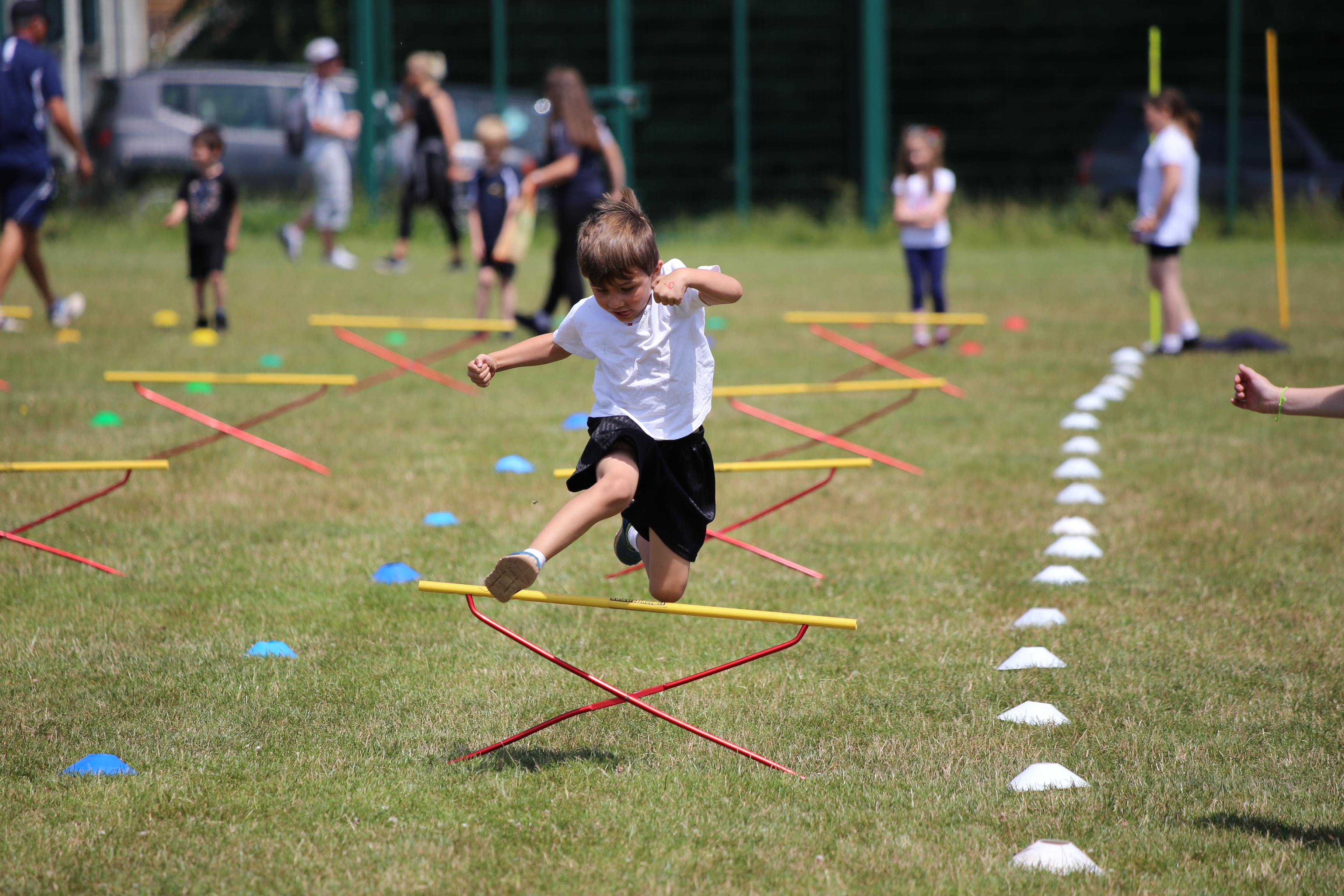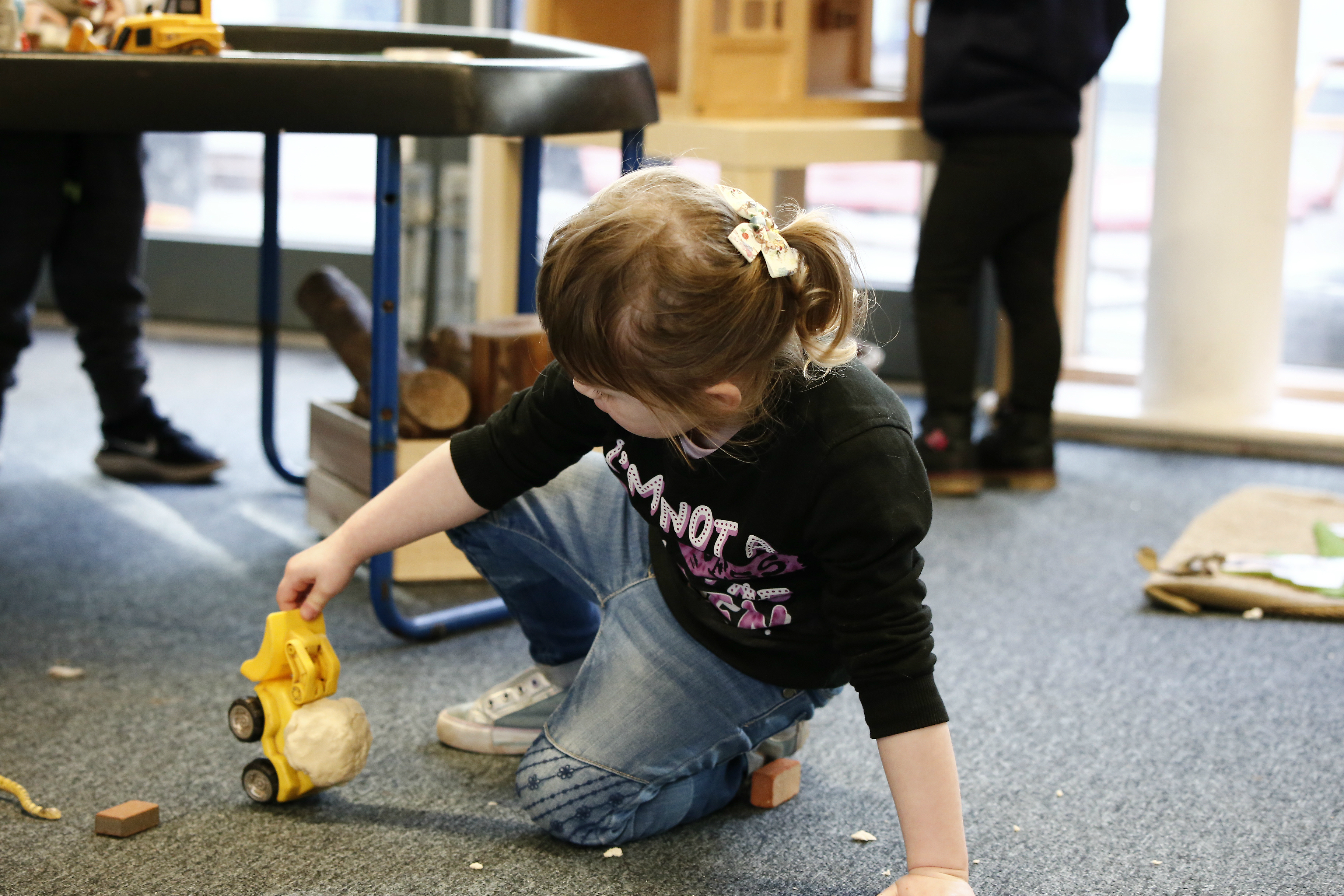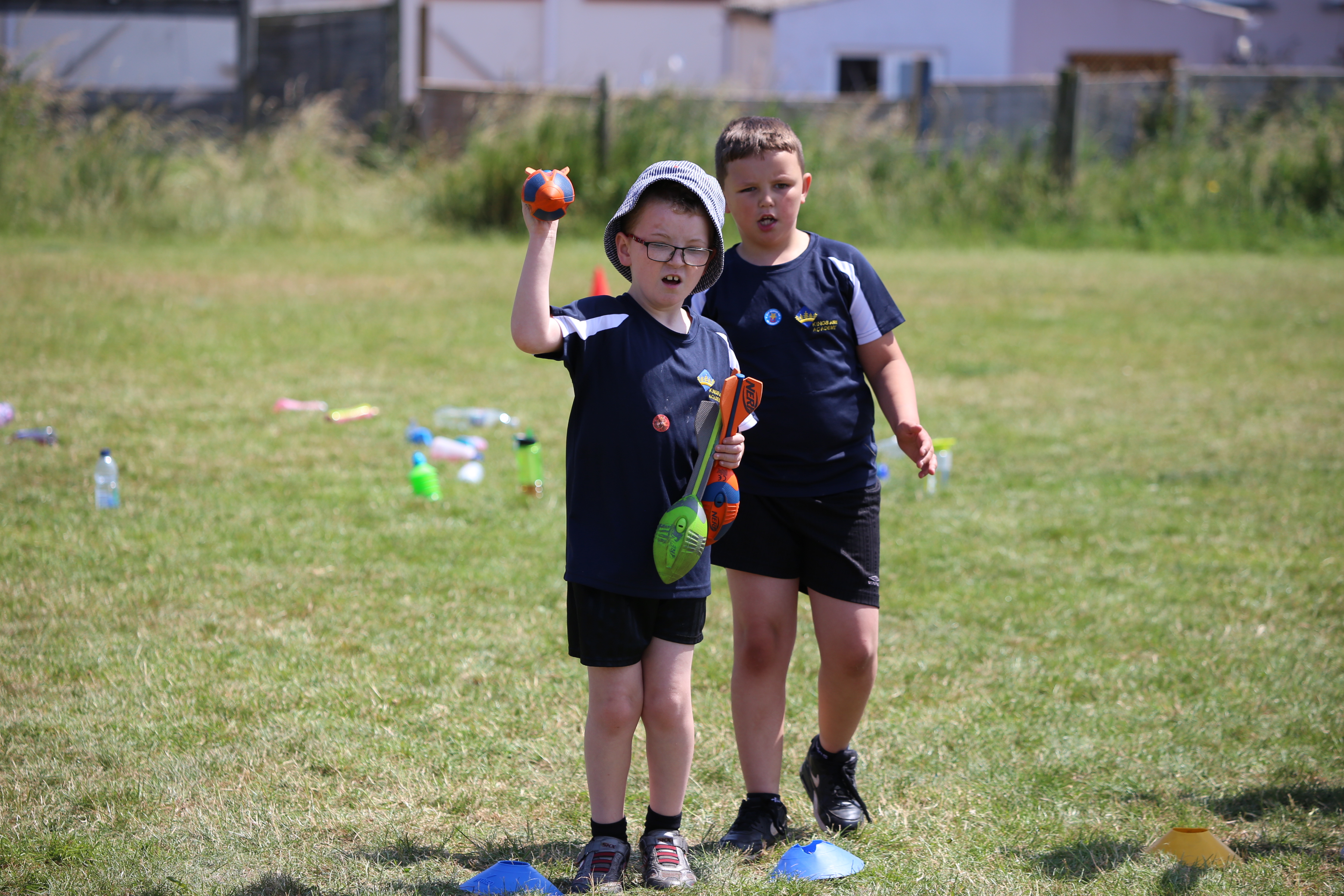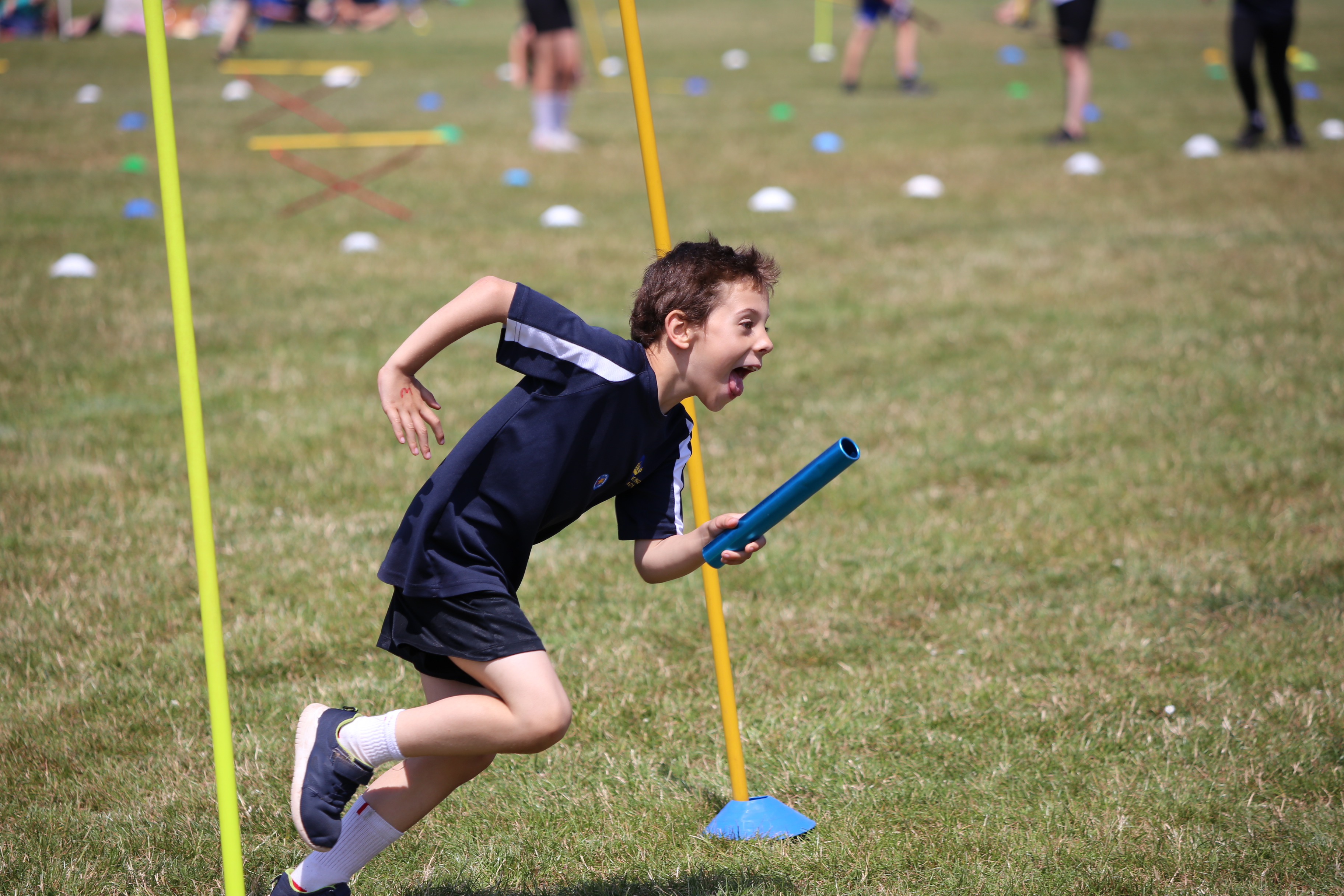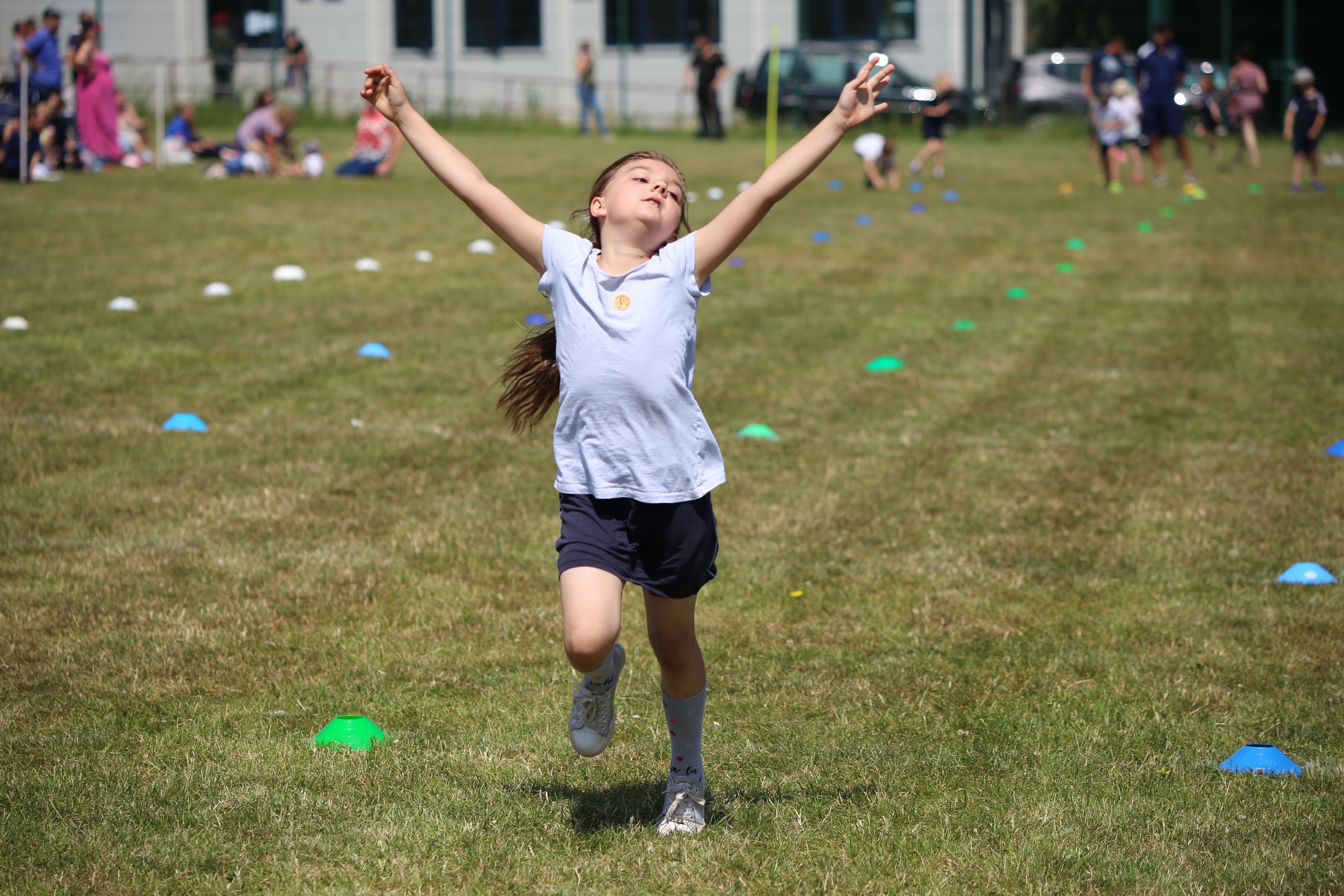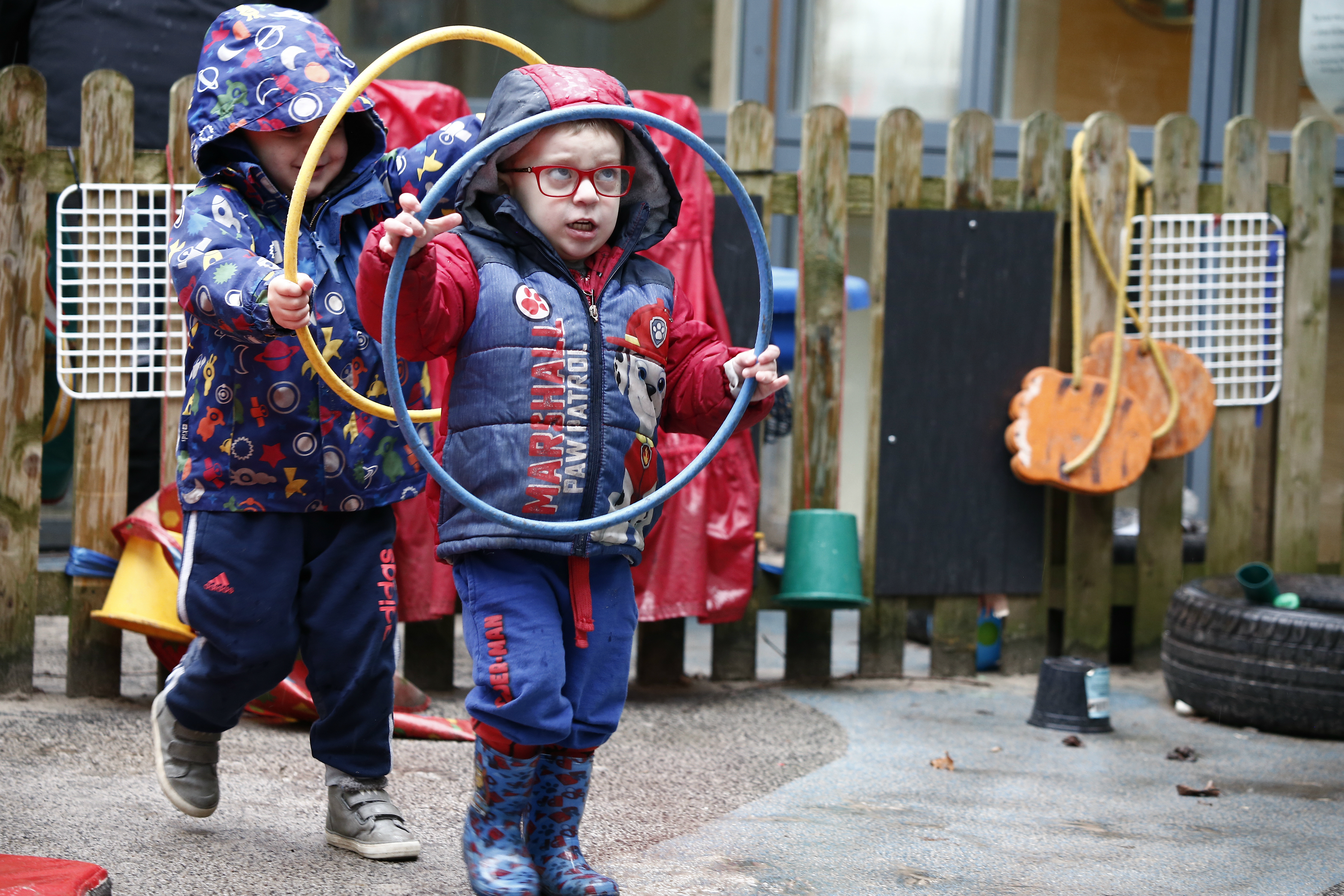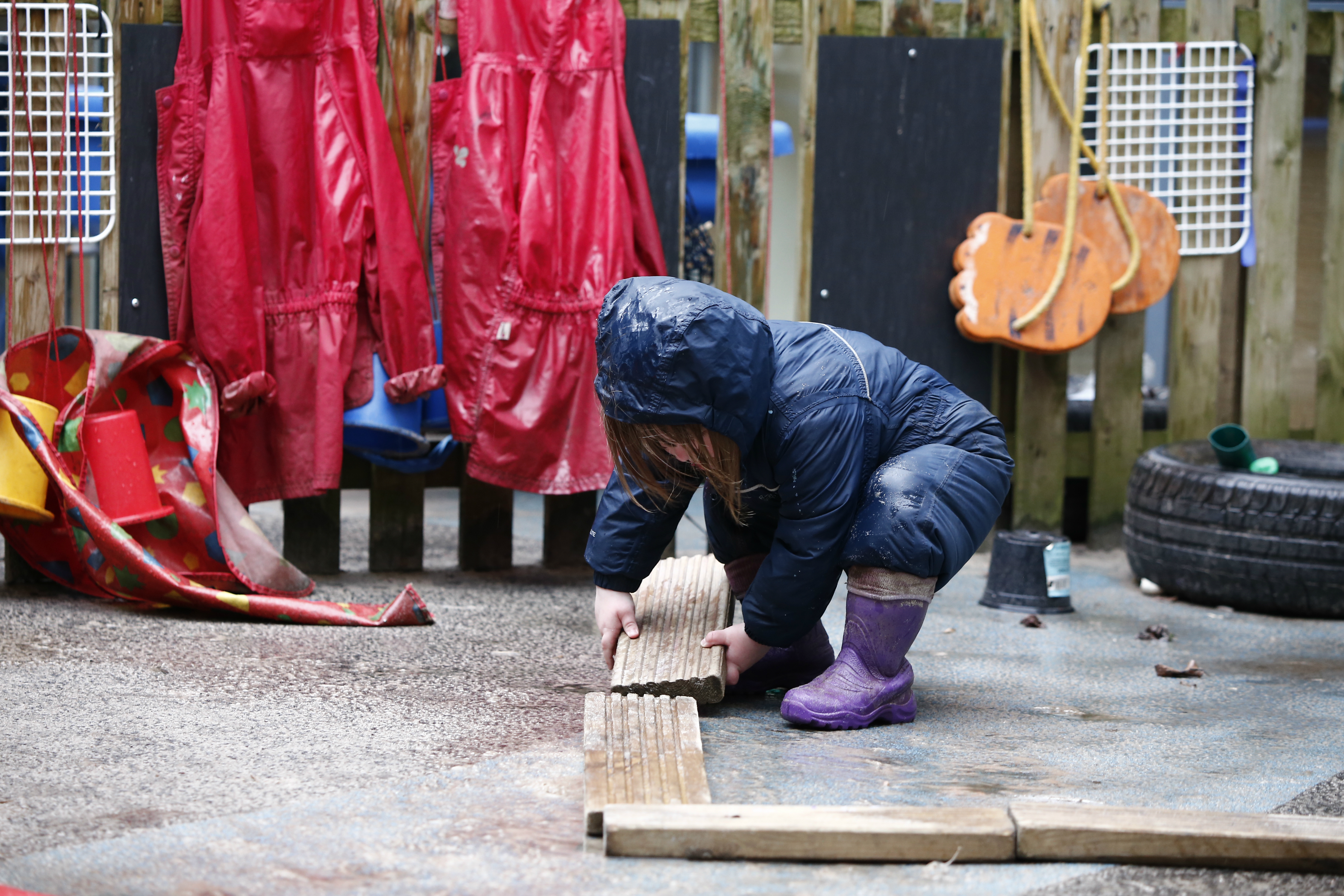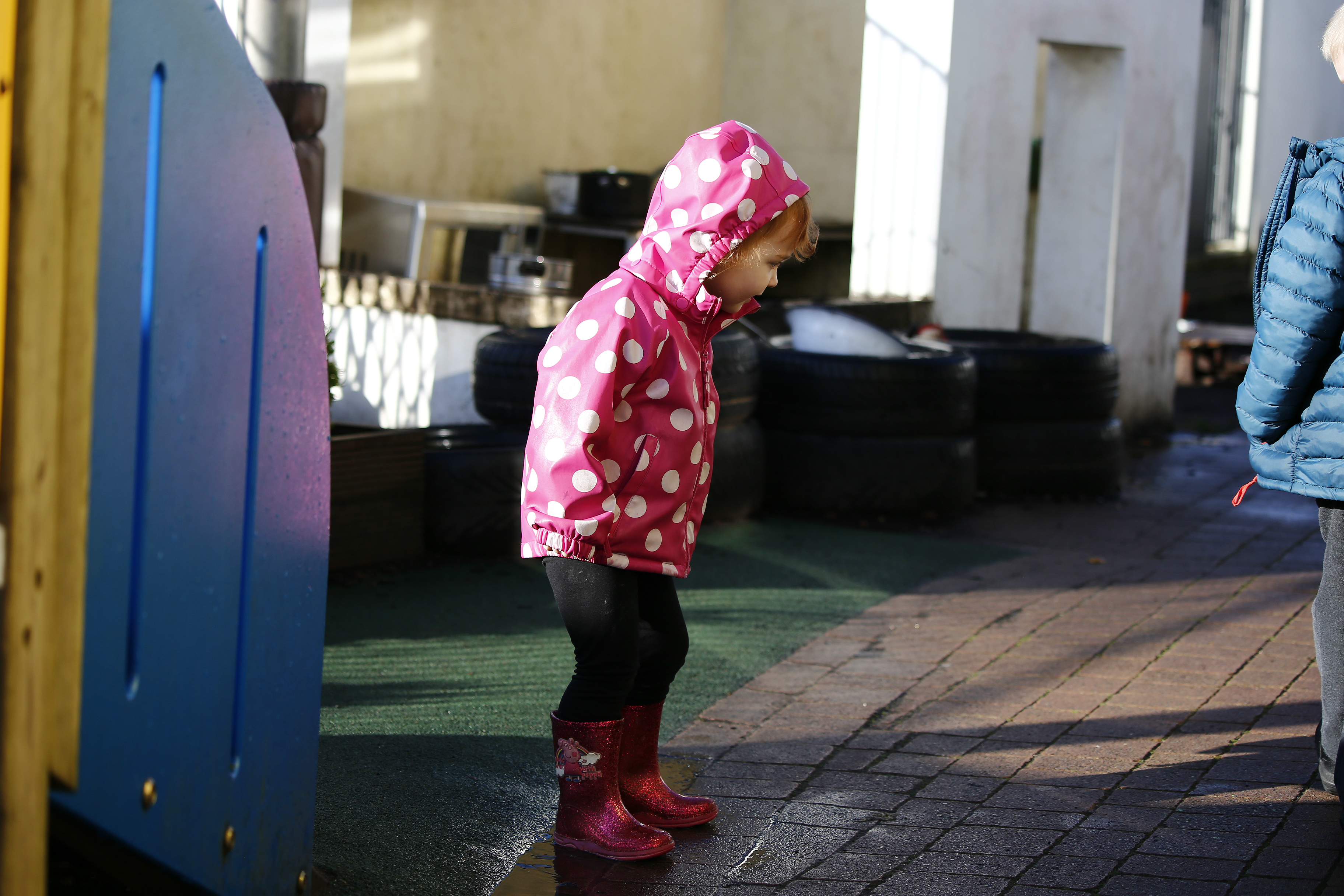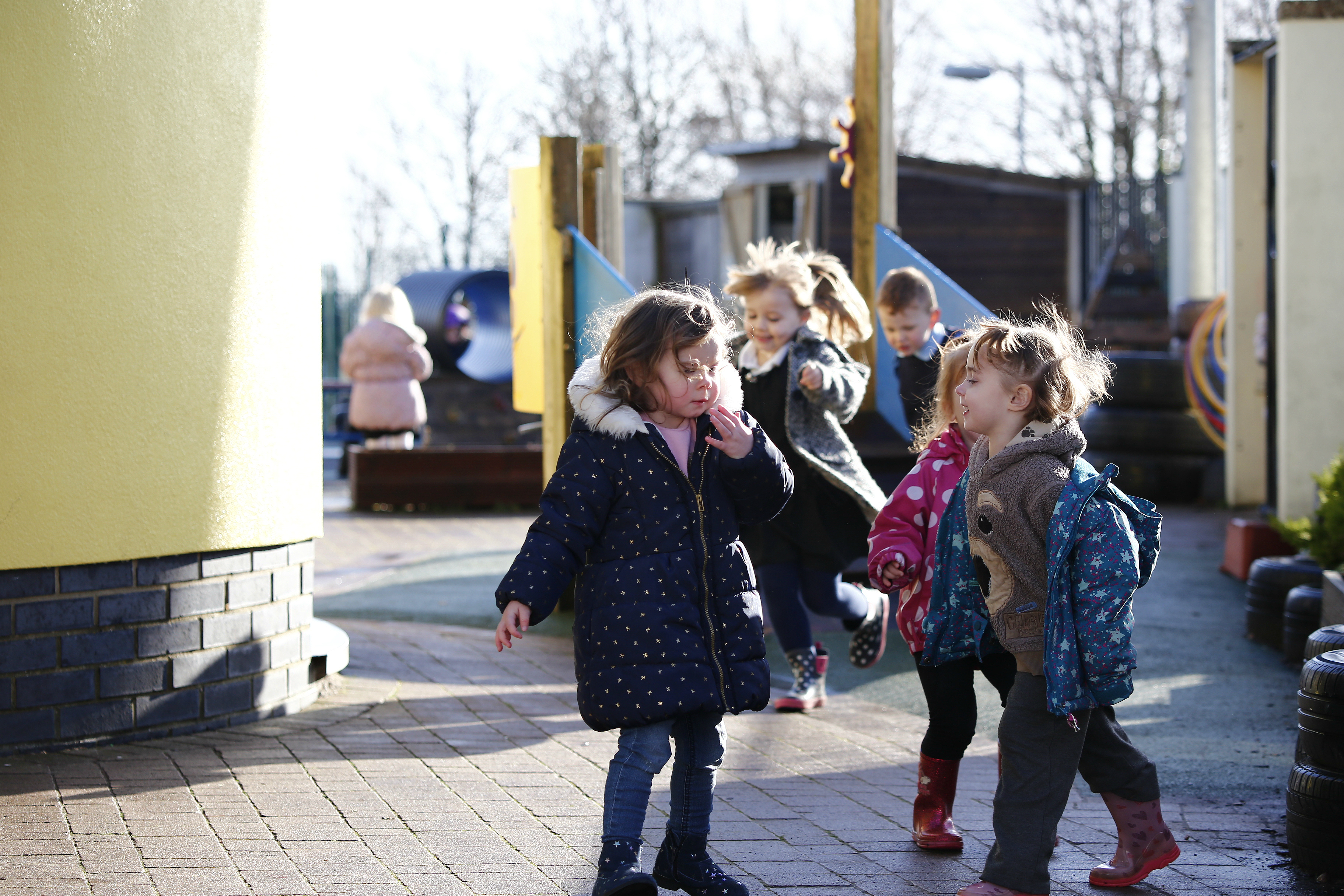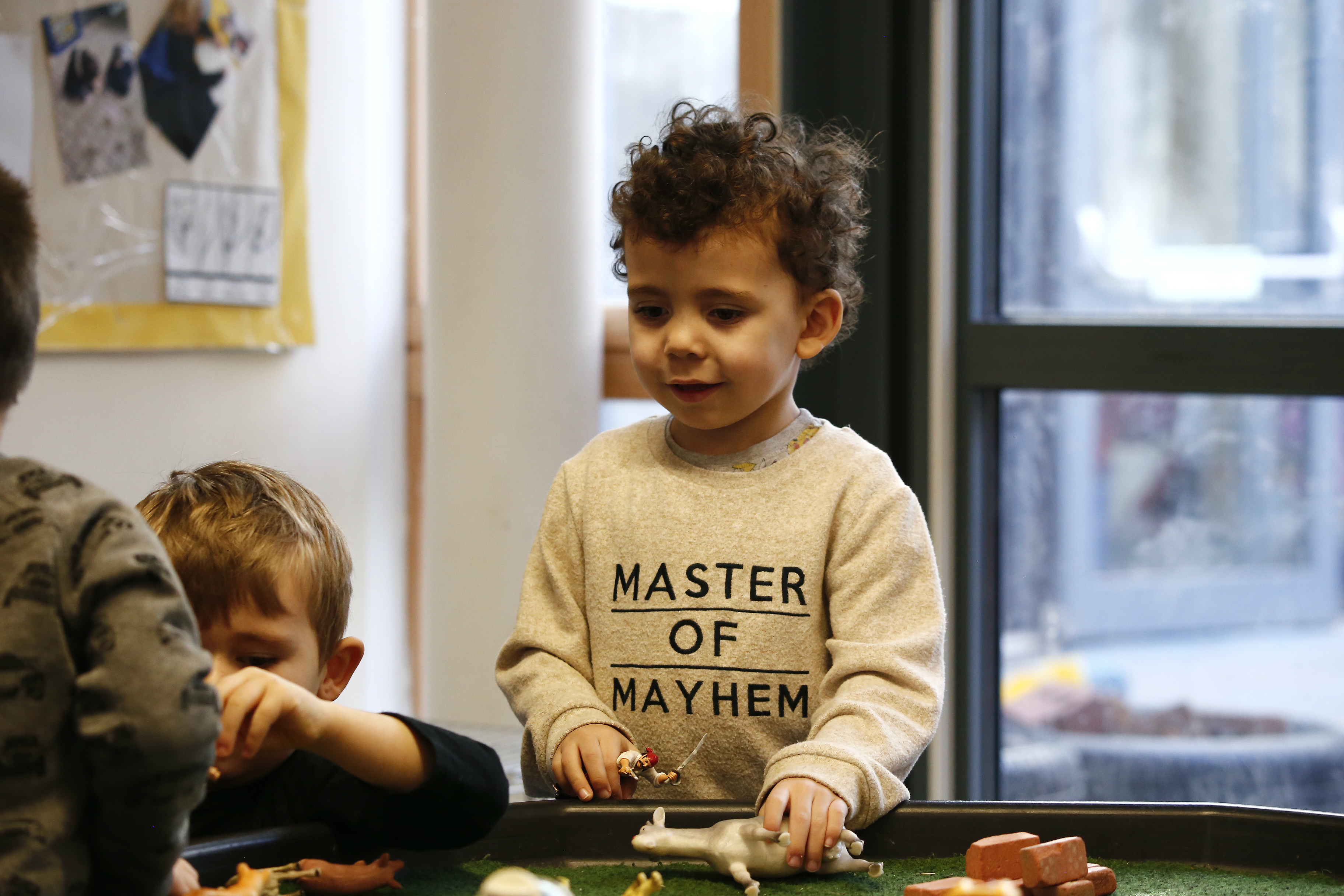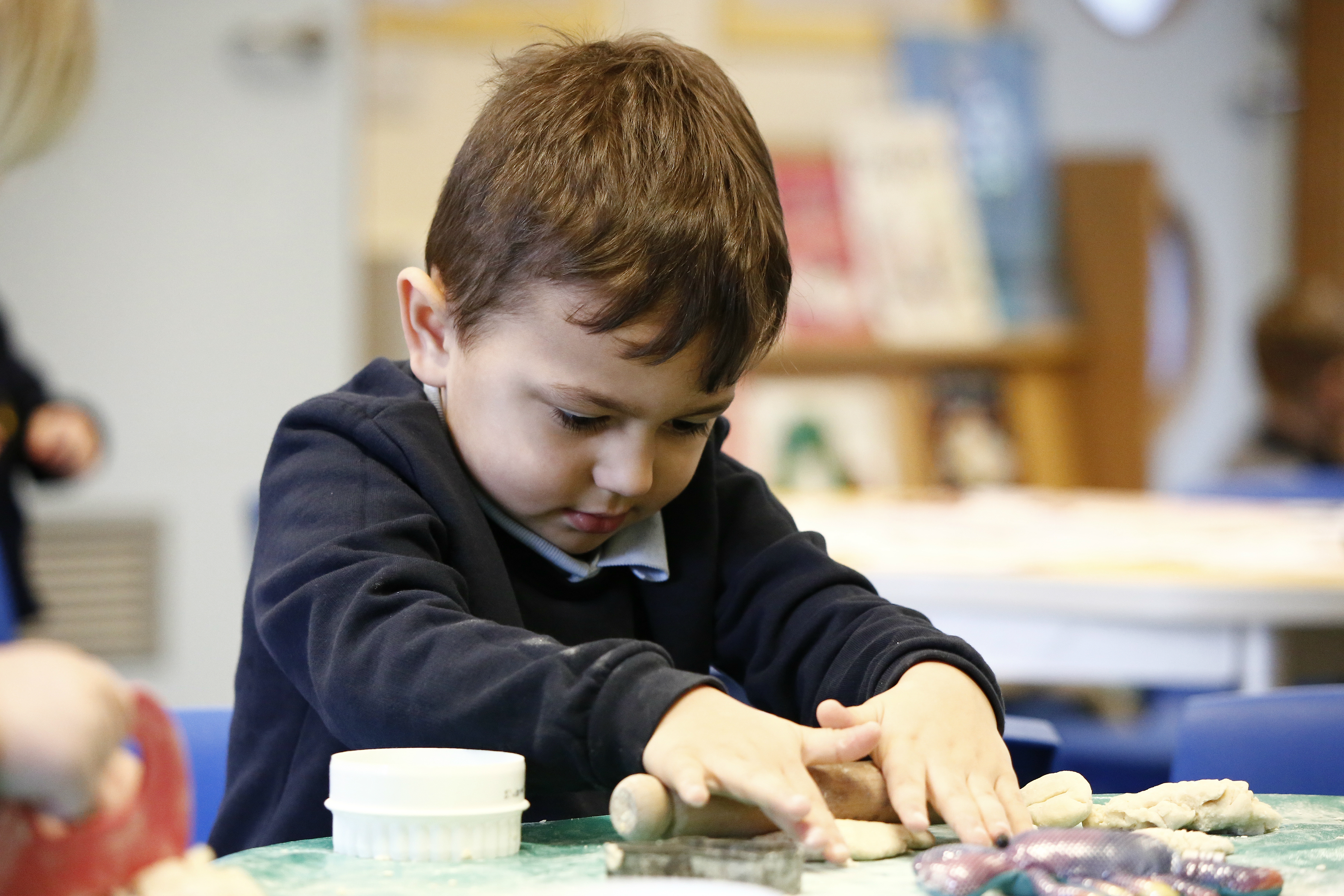English
English
English has a vital place in education and society. A high-quality education in English will teach pupils to speak and write fluently so that they can communicate their ideas and emotions to others and through their reading and listening, others can communicate with them. Through reading, particularly, pupils have a chance to develop culturally, emotionally, intellectually, socially and spiritually. Reading also enables pupils to acquire knowledge and to build on what they already know. All the skills of language are essential to participating fully as a member of society.
At Kings Ash we follow the National Curriculum for English which covers speaking and listening, reading and writing. English is taught daily in all year groups.
Reading
At Kings Ash Academy we aim to give children a wide range of reading experiences, so that they begin to develop a life-long love of reading. All children have planners or reading records where reading at home, as well as at school, is recorded.
At Kings Ash Academy we follow the Read Write Inc. programme, across our Foundation and Key Stage 1 classes. Some Key Stage 2 pupils have also access the programme to consolidate their reading skills.
Read Write Inc. programmes are carefully matched to the new curriculum, giving our children the best chance of success in their reading. The lessons, taught in smaller class sizes, encourage children step-by-step, to become fluent readers, confident speakers and willing writers.
Reading comprehension is taught throughout the school using Re-Think reading: this is a daily session and across the course of the year children will be immersed in a range of literature. In KS2 the Cracking Comprehension series is used, which builds on comprehension skills throughout each year.
We recommend the following website, where a wealth of ideas, information and games are available to support reading at home:
http://www.ruthmiskin.com/en/parents
Writing
At Kings Ash Academy, we aim to inspire children to write through relating writing to our Big Ideas and other areas of interest. Writing is then given a clear and meaningful audience and a purpose. We use high quality texts as examples where children analyse text and language features so that they may use them in their own writing. Children are also taught how to proofread, edit and evaluate their own writing in order to improve it. Skills that are learnt in English lessons can then be transferred to their writing in other areas of the curriculum.
At the heart of our writing teaching is the use of Babcock Teaching Sequences, this gives children the opportunity to rehearse their ideas orally before writing. These lessons also provide a platform for practising skills in speaking and listening.
Punctuation and Grammar are taught in context through text level work giving children a firm understanding of the purpose and function of the different elements of a sentence. On occasion, punctuation and grammar may also be taught discretely. Previous learning is continually revisited and revised.
Spelling patterns and rules are practised daily and follow the National Curriculum spelling lists. We use elements of the No Nonsense Spelling approach whilst also building on the needs of our pupils to teaching spelling skills and strategies.
Handwriting builds on the letter formation taught in the Foundation Stage and towards the end of Year, entry and exit flicks are introduced. Cursive handwriting writing is practised in all year groups and by the end of KS2 children are expected to have achieved a fluent, joined handwriting style.

